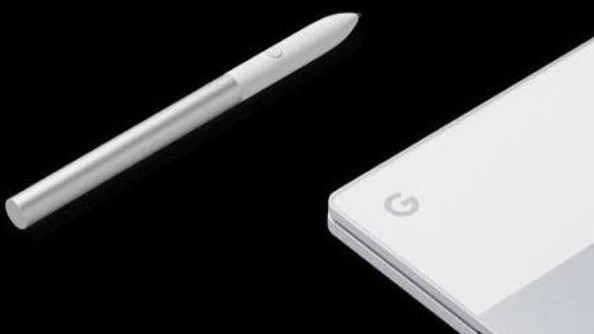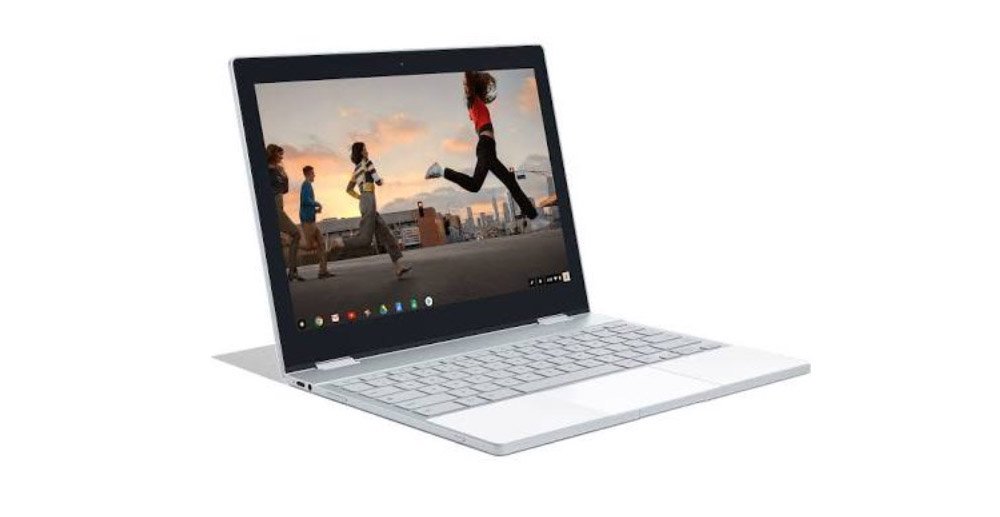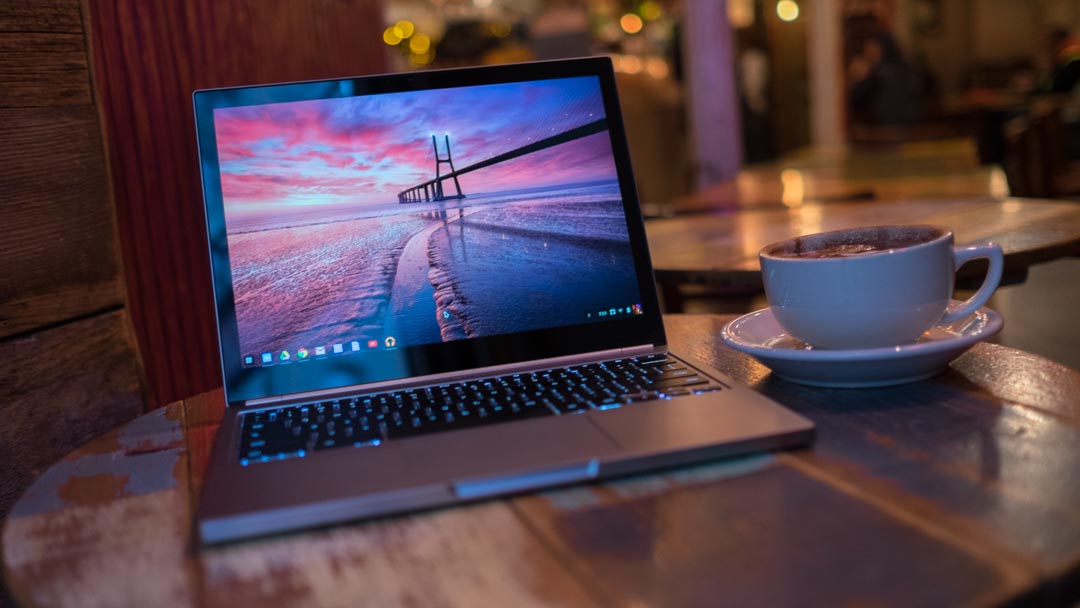Google’s Pixelbook is probably not a Chromebook at all
Analysis: why would it have so much local storage?

Sign up for breaking news, reviews, opinion, top tech deals, and more.
You are now subscribed
Your newsletter sign-up was successful
On October 4, we expect Google to unveil all sorts of new devices, namely its Pixel 2 phone, but our interest has gone left field for the Pixelbook.
First leaked earlier this month in what appear to be official press renders, many have assumed the would-be Pixelbook is simply the firm’s next Chromebook designed in-house. But, upon a closer look – and, admittedly, some speculation – I’m wont to think this is something completely different.
The biggest tell that this new 2-in-1 laptop is a far cry from a Chromebook is its proposed name: ‘Pixelbook’. (Though, it should be noted that this device may very well be the previously-rumored ‘Chromebook Eve.’)
Knowing the past two Google laptops have been named 'Chromebook Pixel,' why now would the firm step away from the Chromebook moniker? Probably because it’s technically not a Chromebook to begin with.
- Could Google's Pixelbook make our list of the best 2-in-1 laptops?
Chromebooks don’t need that much storage
If you’ve been following along with Chromebooks since their inception more than six years ago, you know that tiny amounts of local storage is almost a hallmark of these devices. The vast majority of Chromebooks ship with no more than 32GB of flash storage space.
Google’s own previous Chromebook Pixel models have capped out at 64GB of space, which is already excessive for a laptop that accomplishes almost all of its functions through the Chrome browser.

So, why is it then that the so-called Pixelbook is believed to start with 128GB of storage, twice as much as the most capacious Chromebook Google has ever produced? Further to the point, the Pixelbook is expected to cap out at a whopping 512GB of space.
Sign up for breaking news, reviews, opinion, top tech deals, and more.
If this turns out to be true, Google is clearly accounting for something to gobble up plenty of local storage space regardless of the firm’s robust cloud computing platform, Google Drive.
Is this Google Fuchsia's big debut?
We all know that Google has been toying around bringing Android apps to Chromebooks since before the turn of the year. In fact, the firm worked with Samsung and Asus to release Chromebooks this year specifically designed for this new feature, including the Samsung Chromebook Pro and Asus Chromebook Flip.
However, while both excellent laptops in their own right, that Android app support piece has been slow going and hasn’t seemed to drum up much excitement.
That said, we also know that Google has been working toward bringing Android and Chrome OS together for some time, most recently publicly discussing what’s known as 'Fuchsia OS,' based on a brand new operating system kernel that Google calls ‘Magenta’.
This supposed new OS, having already been leaked in screenshots, would unite the key features and functions of Android and Chrome OS, respectively, to deliver a touch-friendly interface that can adapt to the device at hand. You know, similar to a core conceit of Microsoft’s Windows 10.
Google’s work bringing Android app support to Chrome OS could be seen as baby steps towards the hopeful release of this hybrid OS. And, what better way to debut such an advancement than in a flagship device that can transition between laptop and tablet, just like we expect the Pixelbook to do?

Pixelbook: the future of Google device software?
Now, bringing this all back to that crucial point of local storage, regardless of how strong your internet connection is and how snappy the tech giant’s server technology is, apps work best with the split-second speed of a local flash drive. And, apps require varying amounts of storage space to operate.
So, between reportedly dropping the Chromebook name and cramming gobs of local storage into this 2-in-1 computing device, I’m seriously wondering whether this new gadget will be considered a Chromebook at all. This could very well be the first step toward a serious retort from Google toward Microsoft’s own adaptable OS.
Pixelbook could be the beginning of the end for both Android and Chrome OS as we know them.
- Everything else to expect from Google’s Pixel 2 event
Lead Image Credit: Droid Life

Joe Osborne is the Senior Technology Editor at Insider Inc. His role is to leads the technology coverage team for the Business Insider Shopping team, facilitating expert reviews, comprehensive buying guides, snap deals news and more. Previously, Joe was TechRadar's US computing editor, leading reviews of everything from gaming PCs to internal components and accessories. In his spare time, Joe is a renowned Dungeons and Dragons dungeon master – and arguably the nicest man in tech.